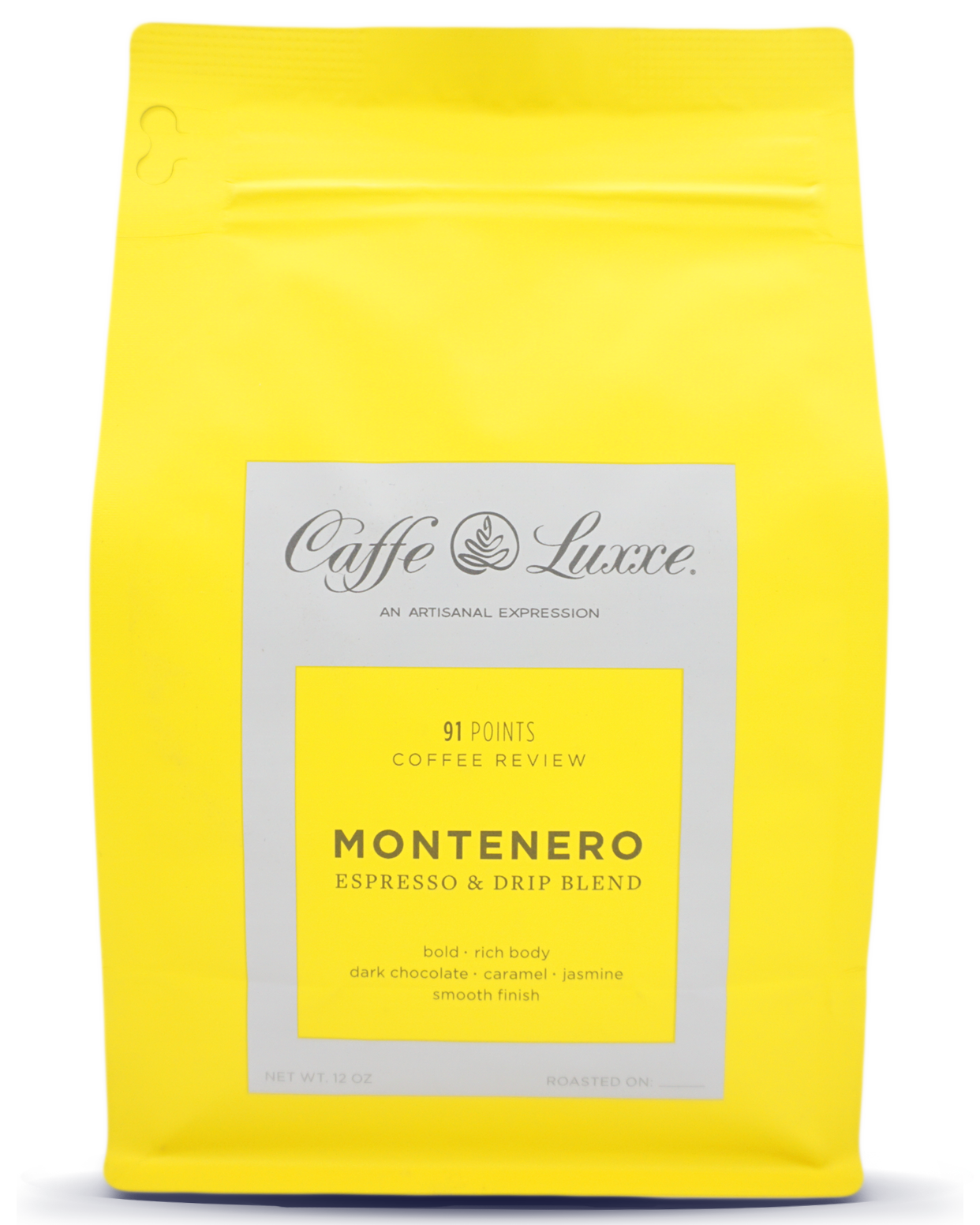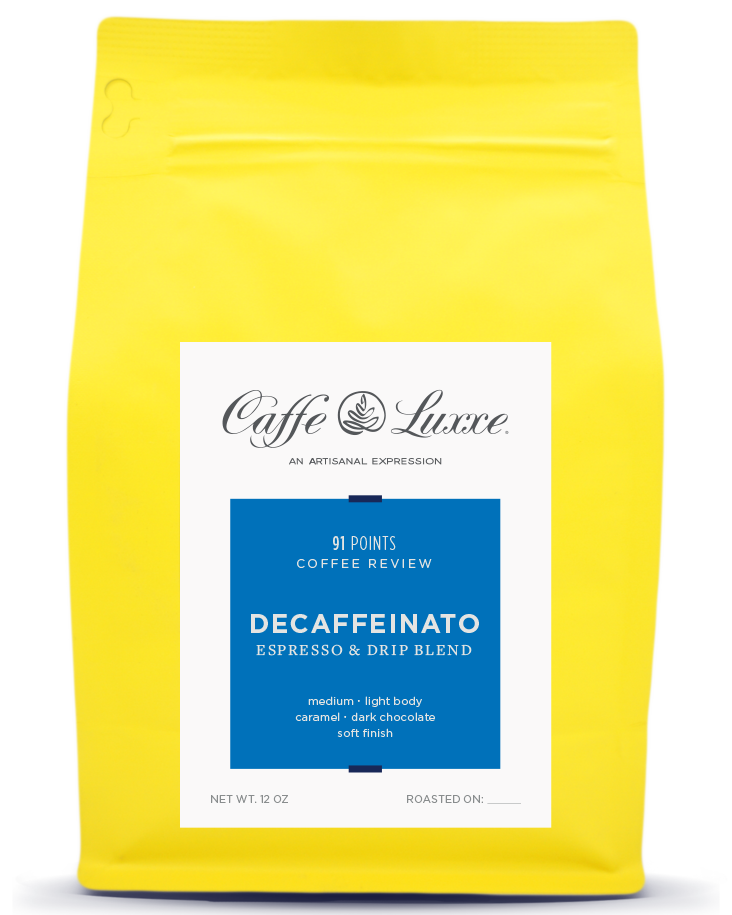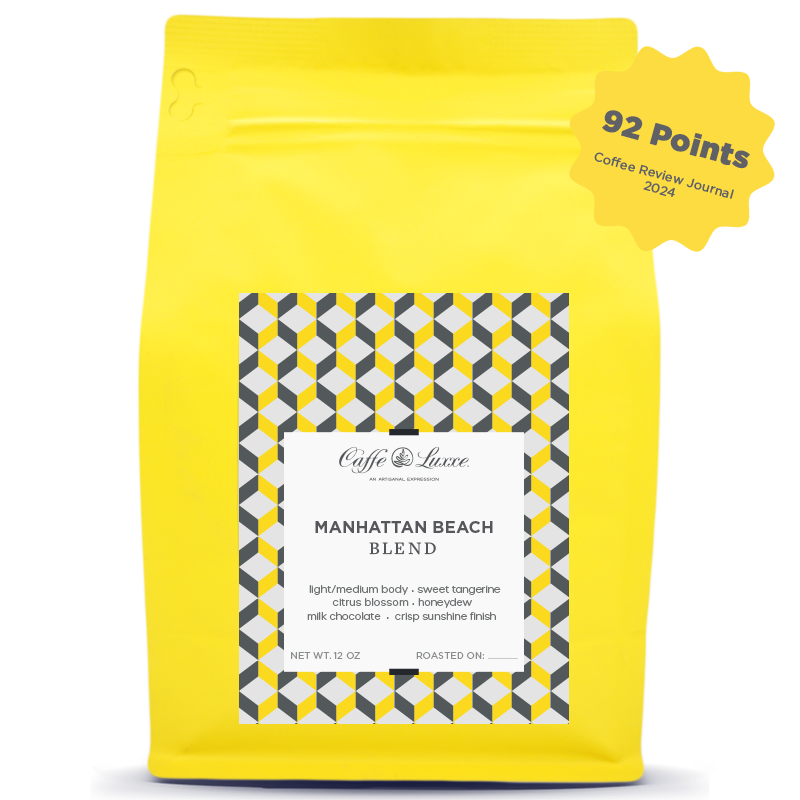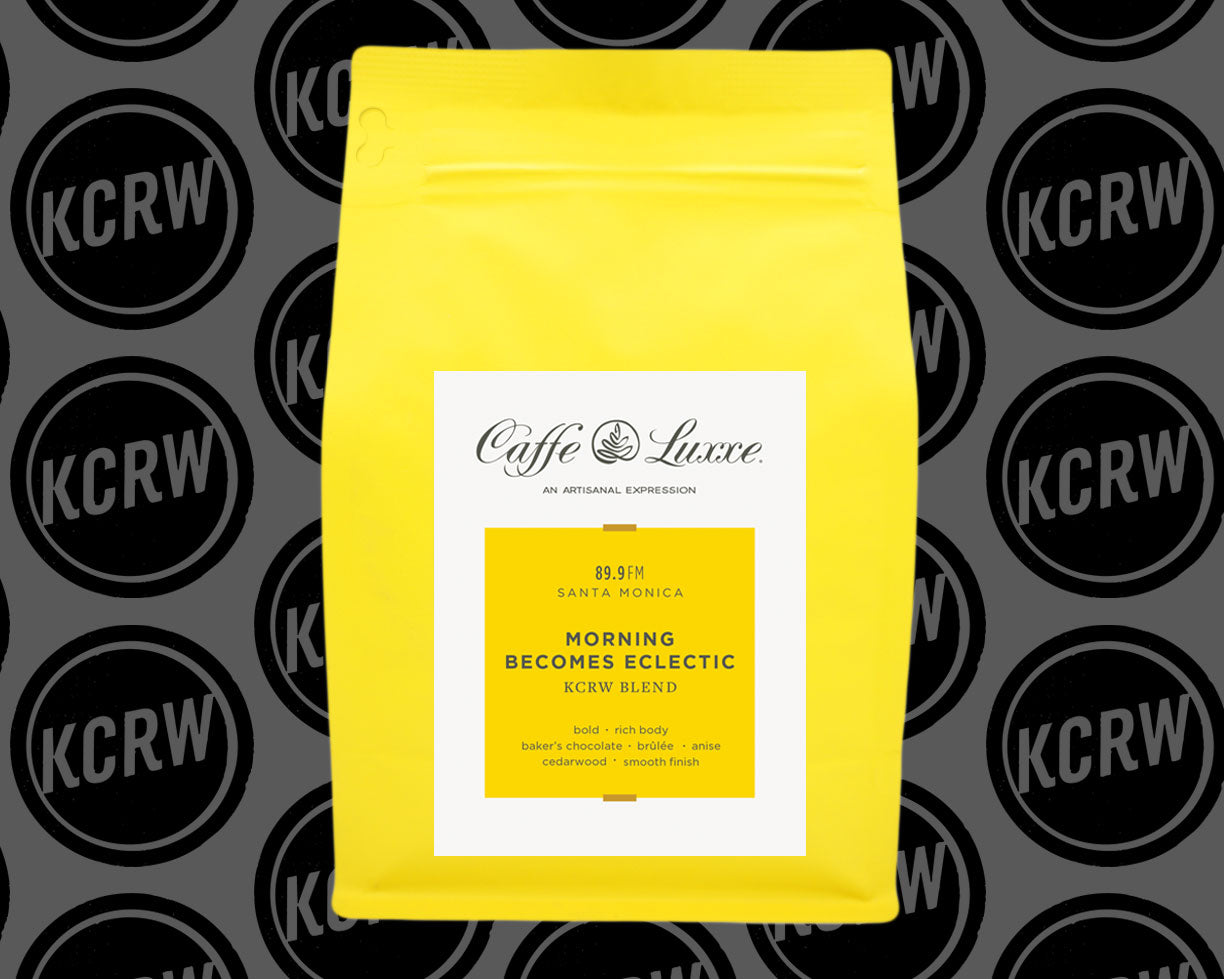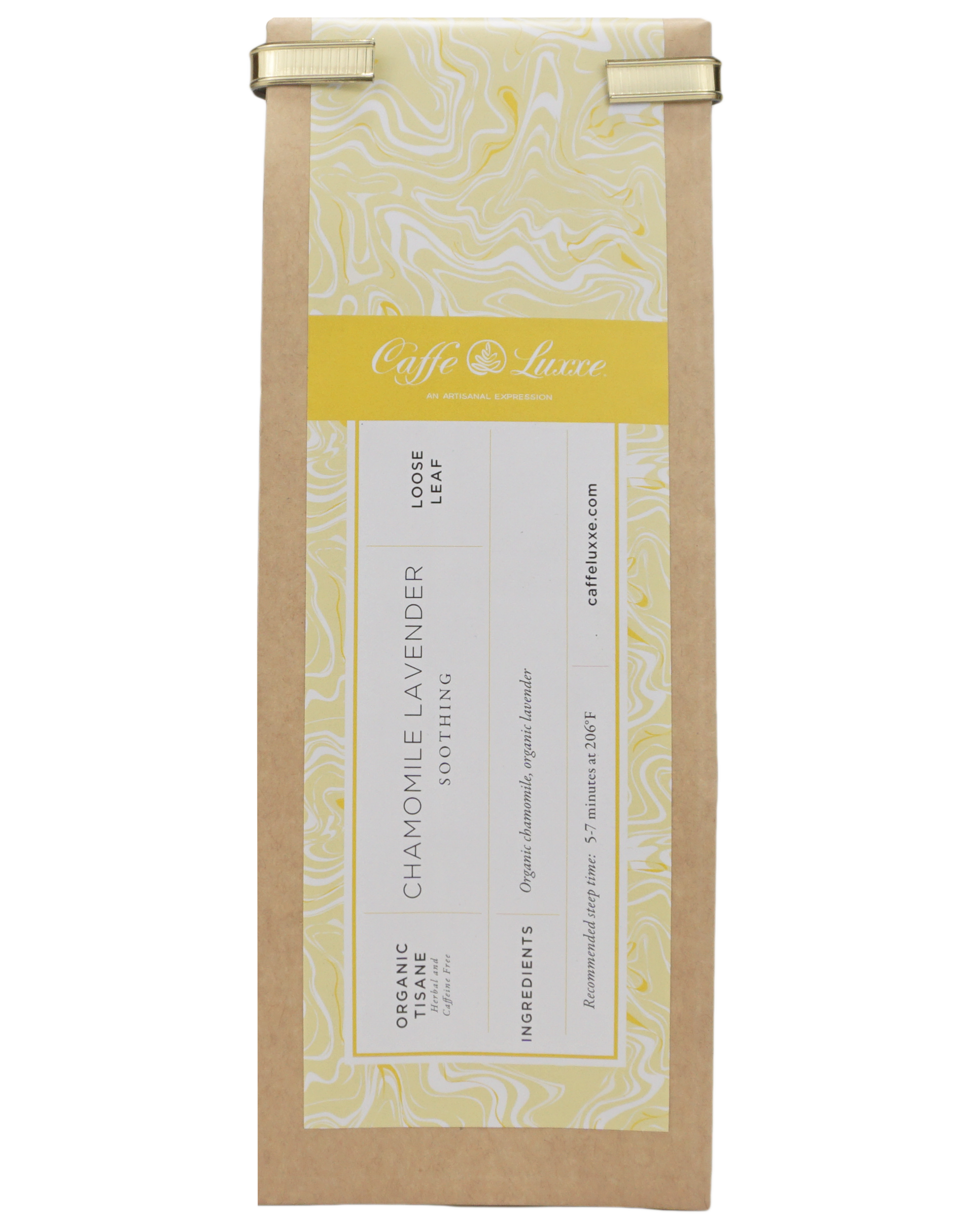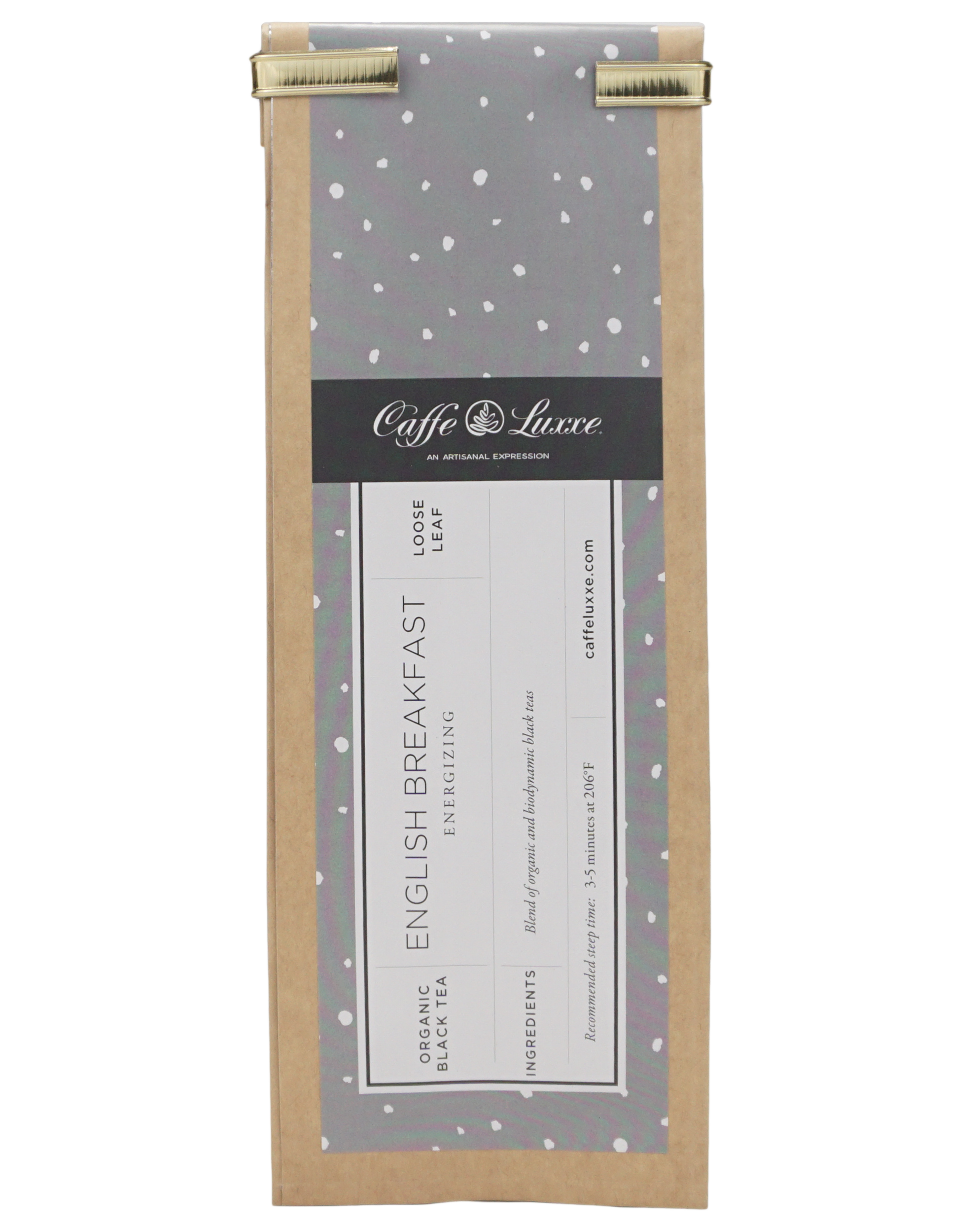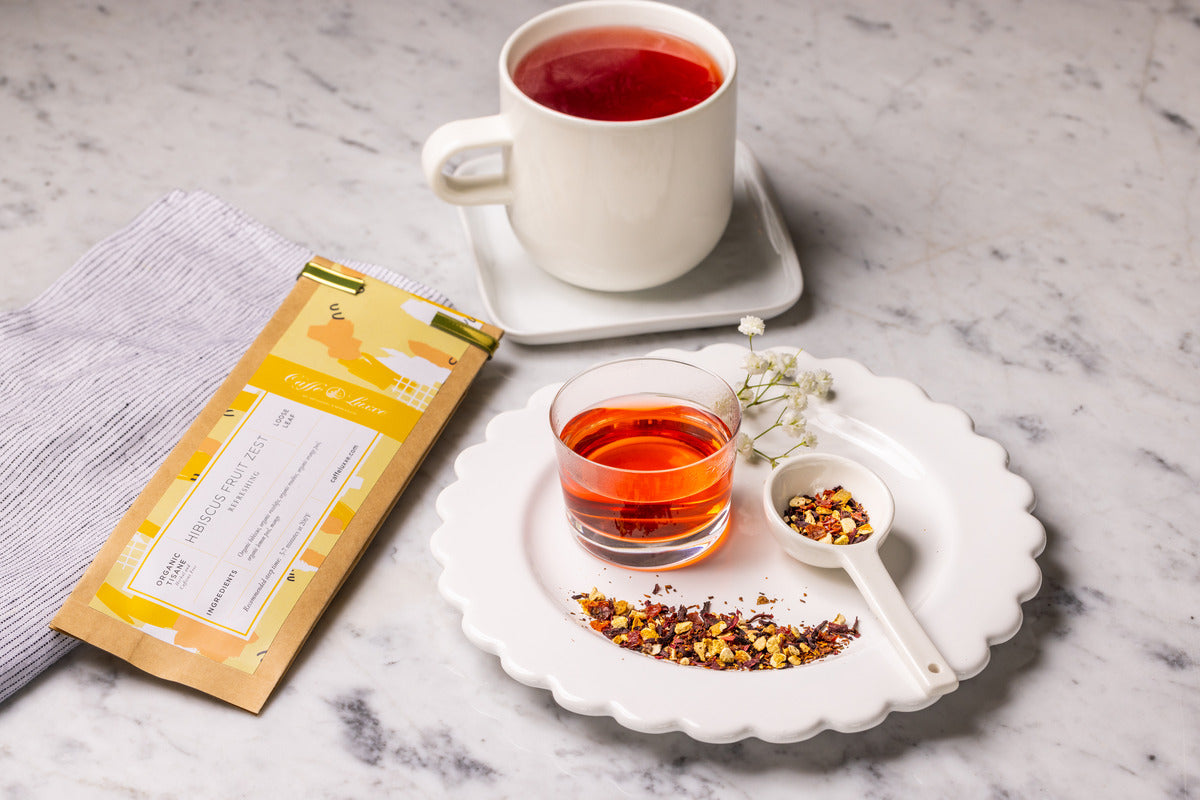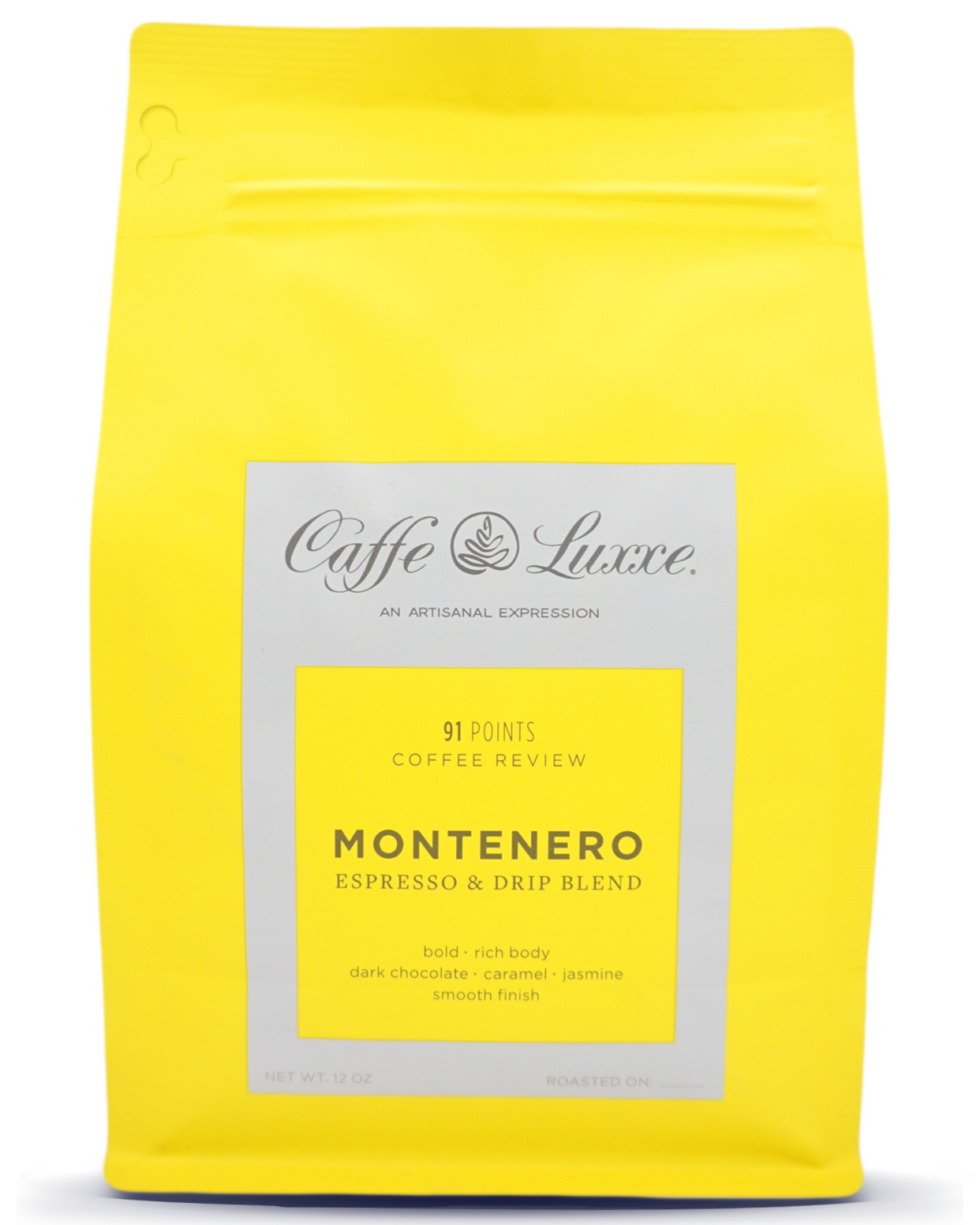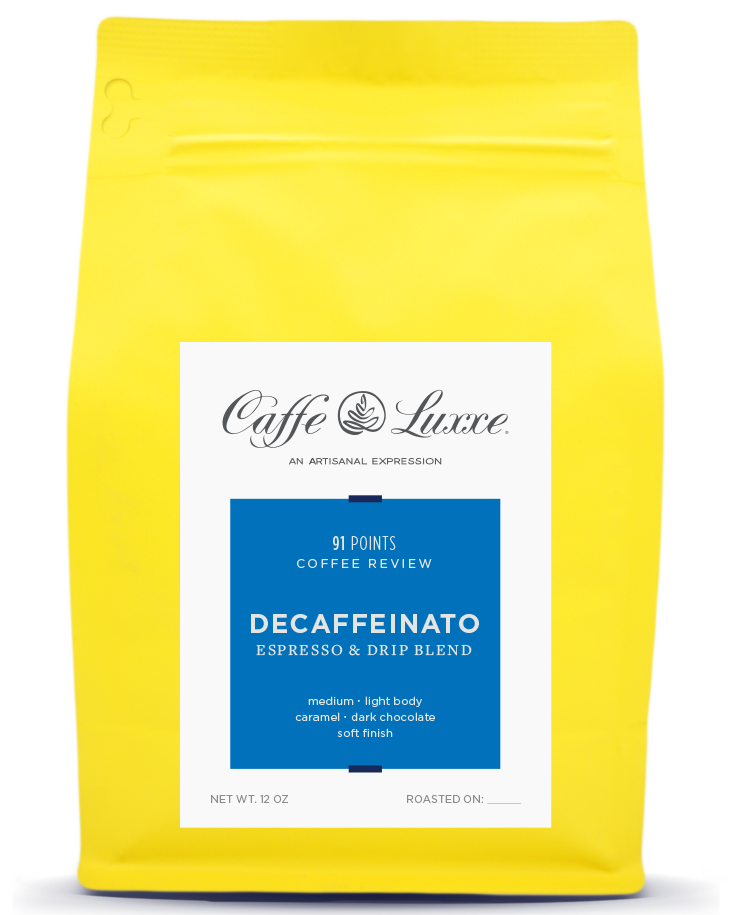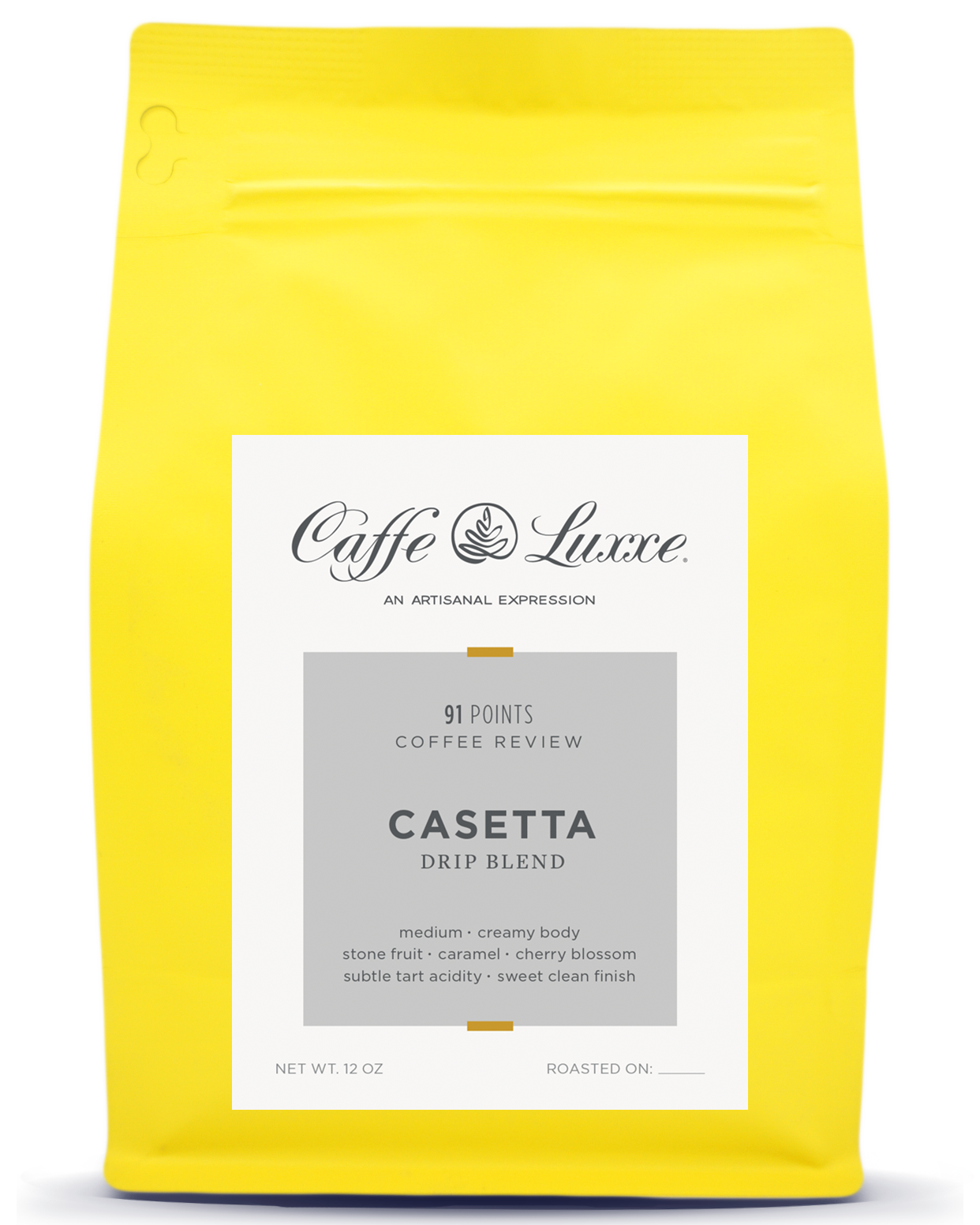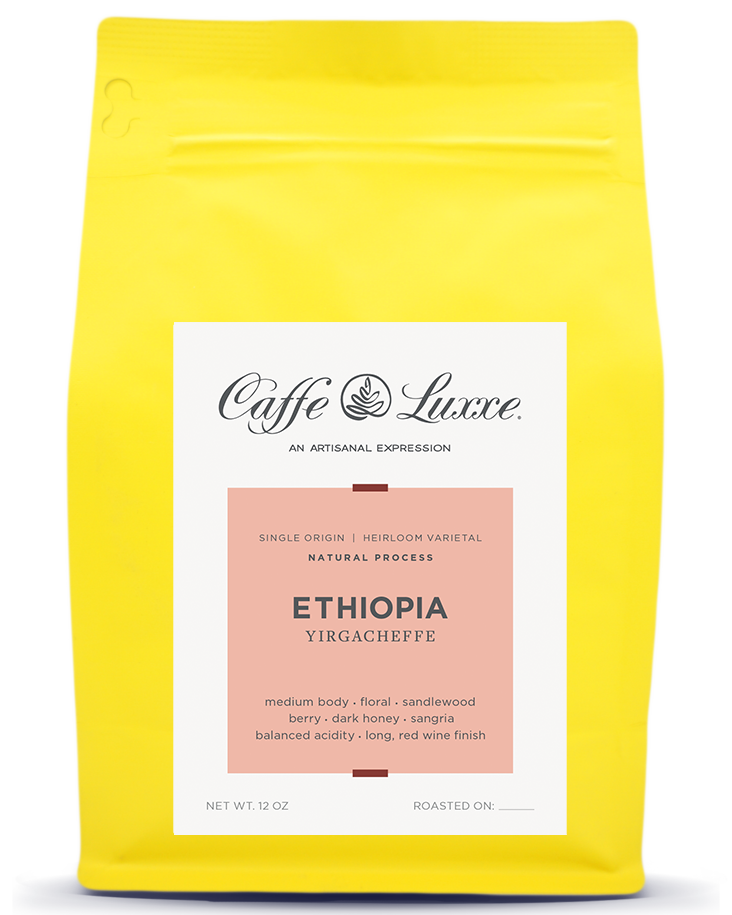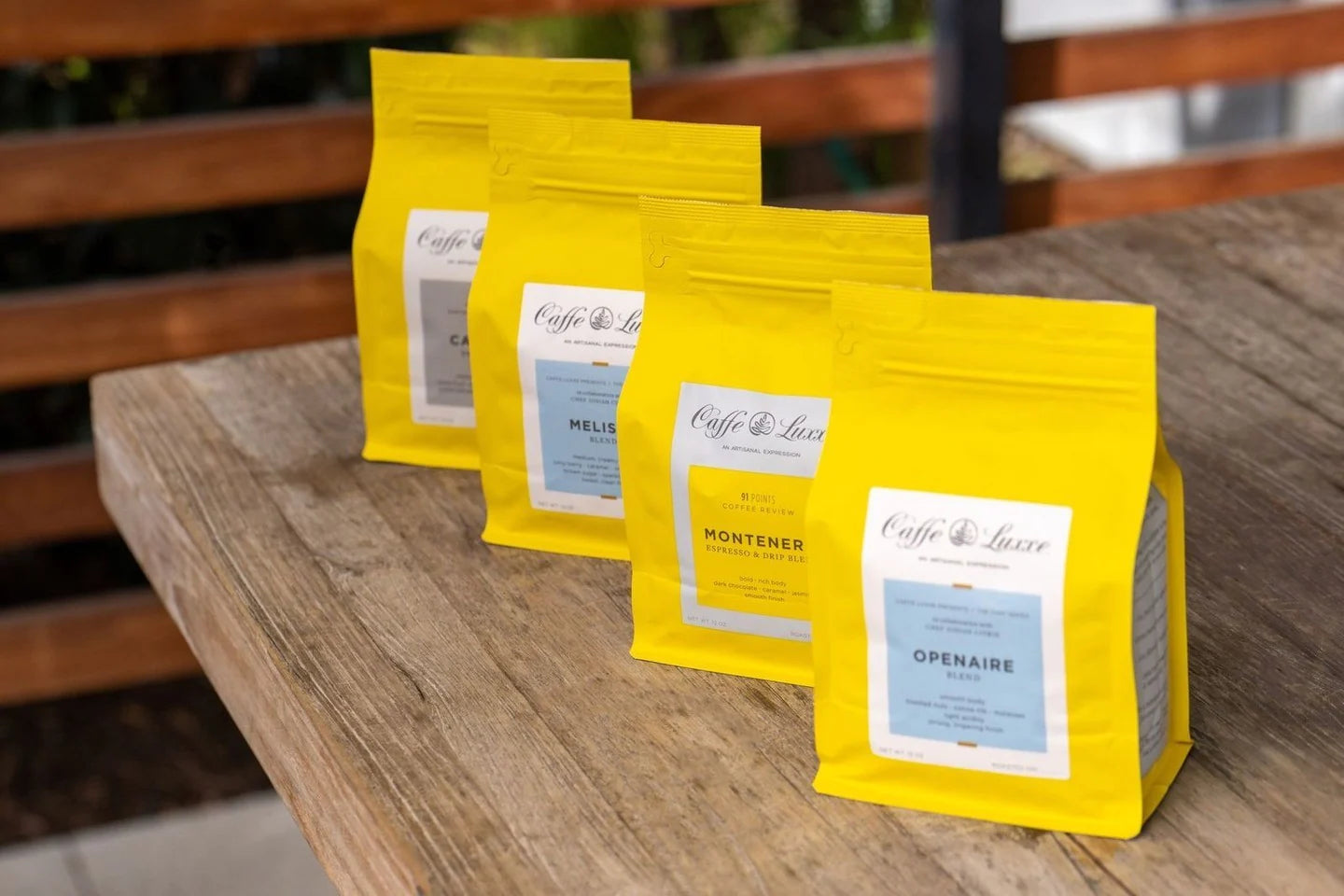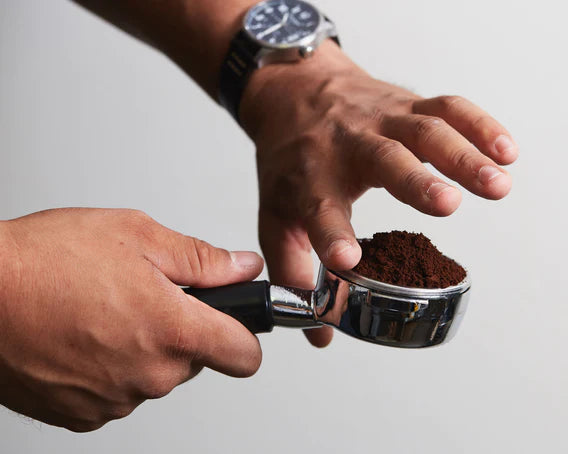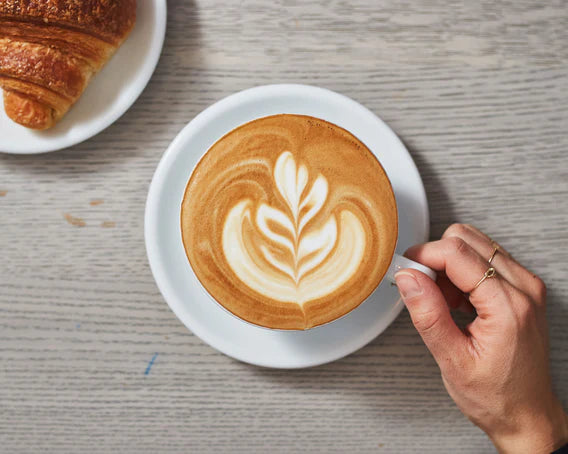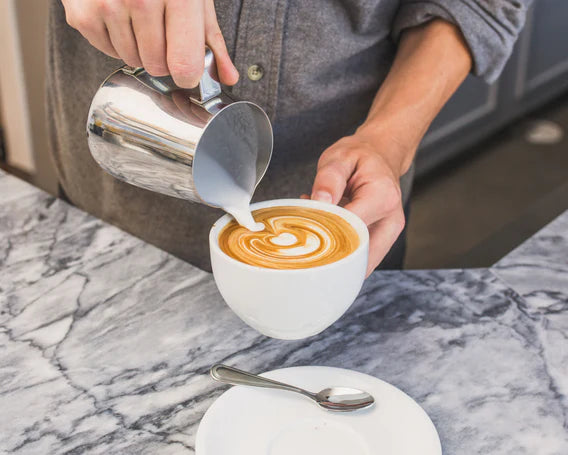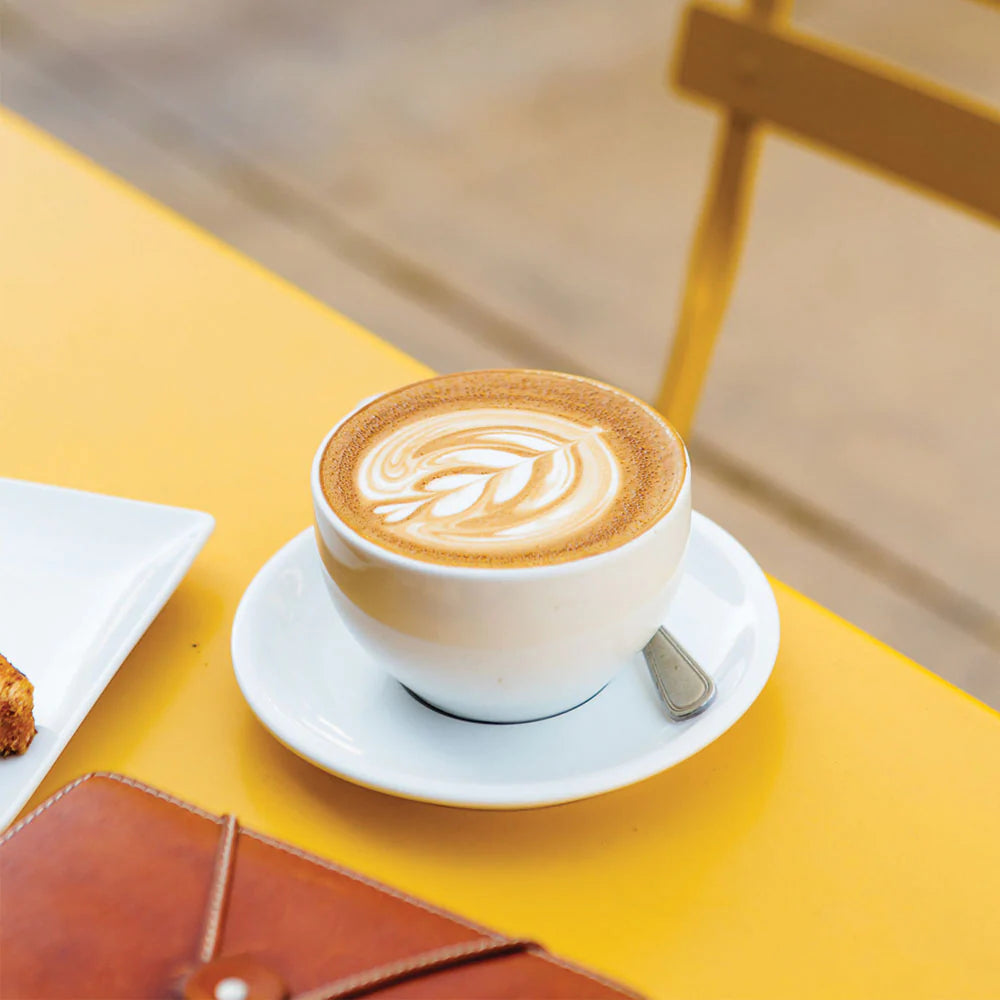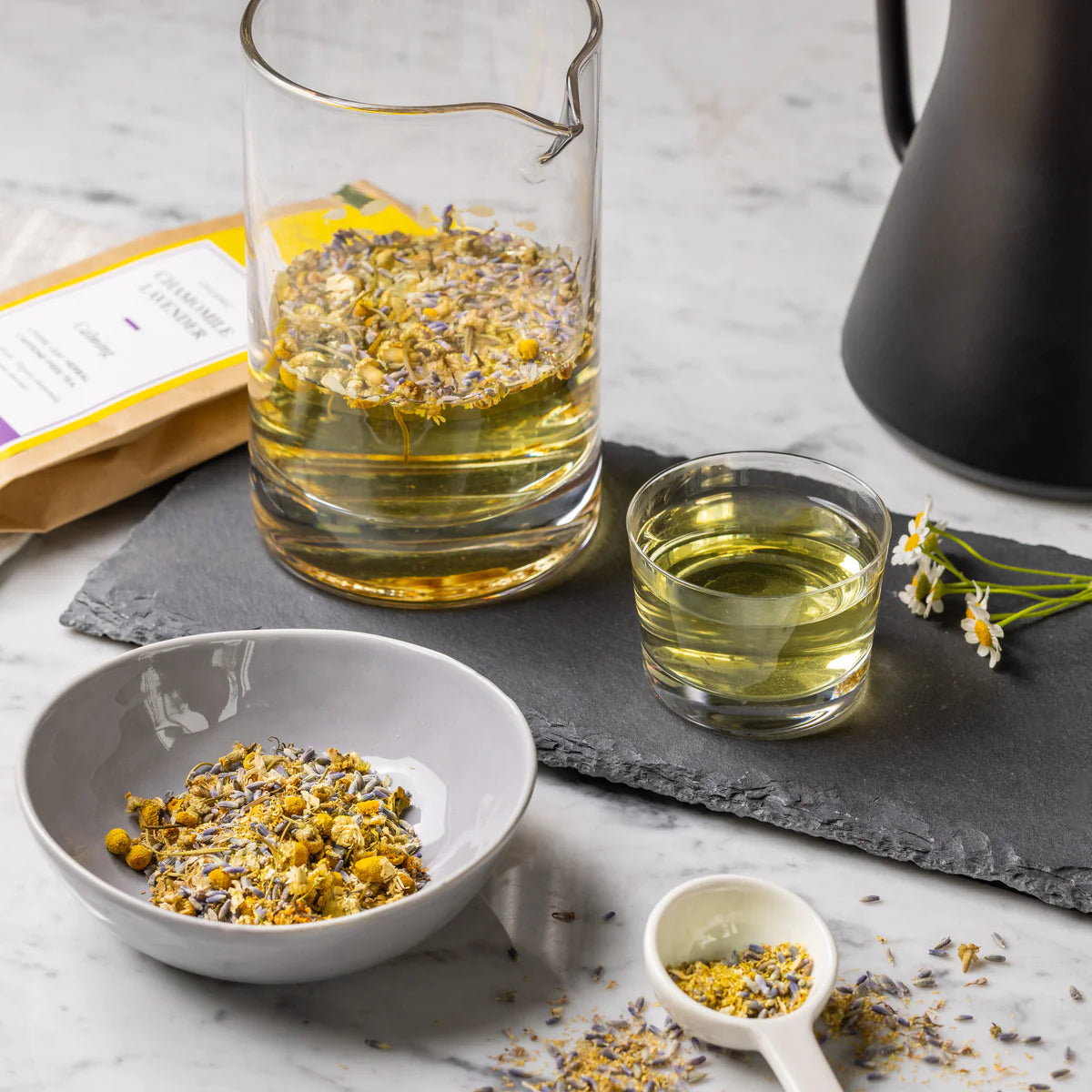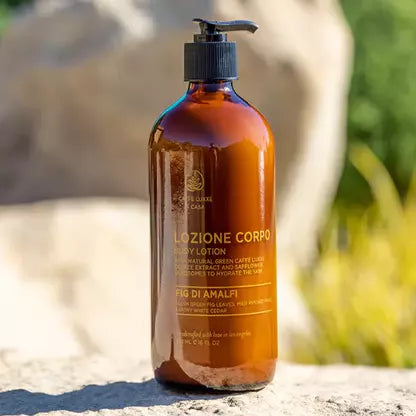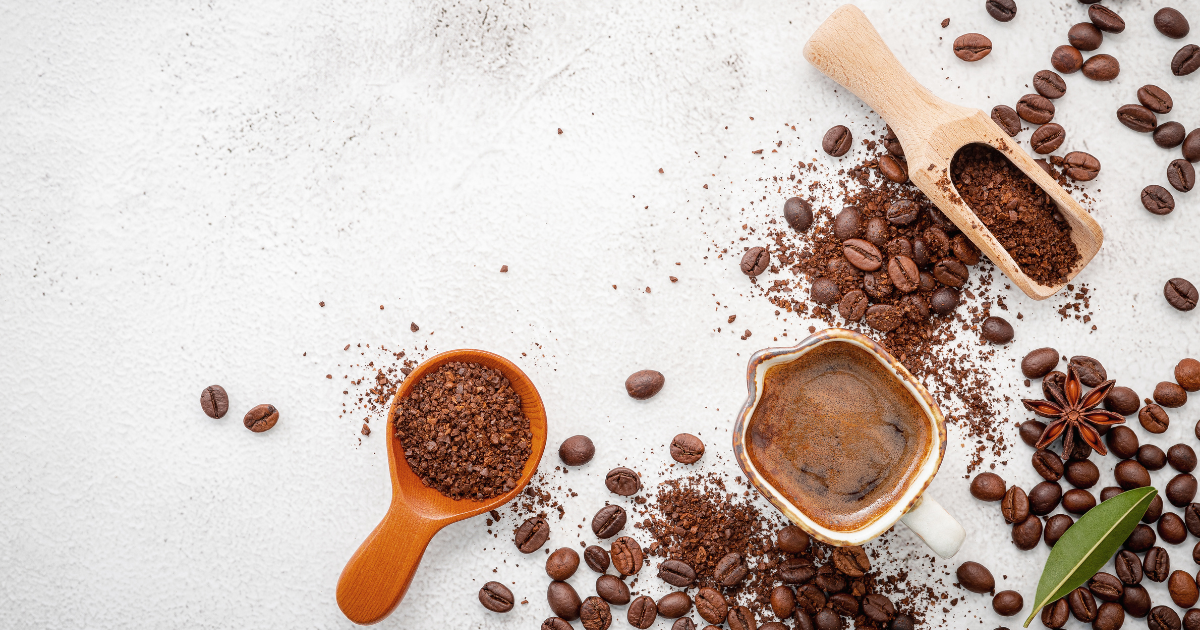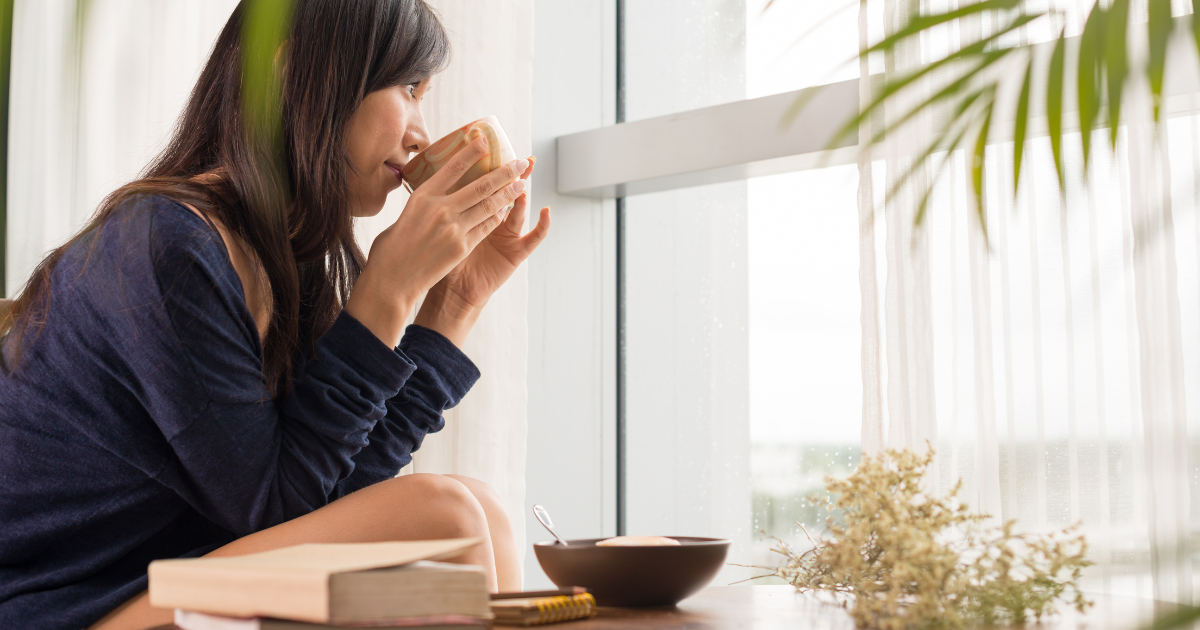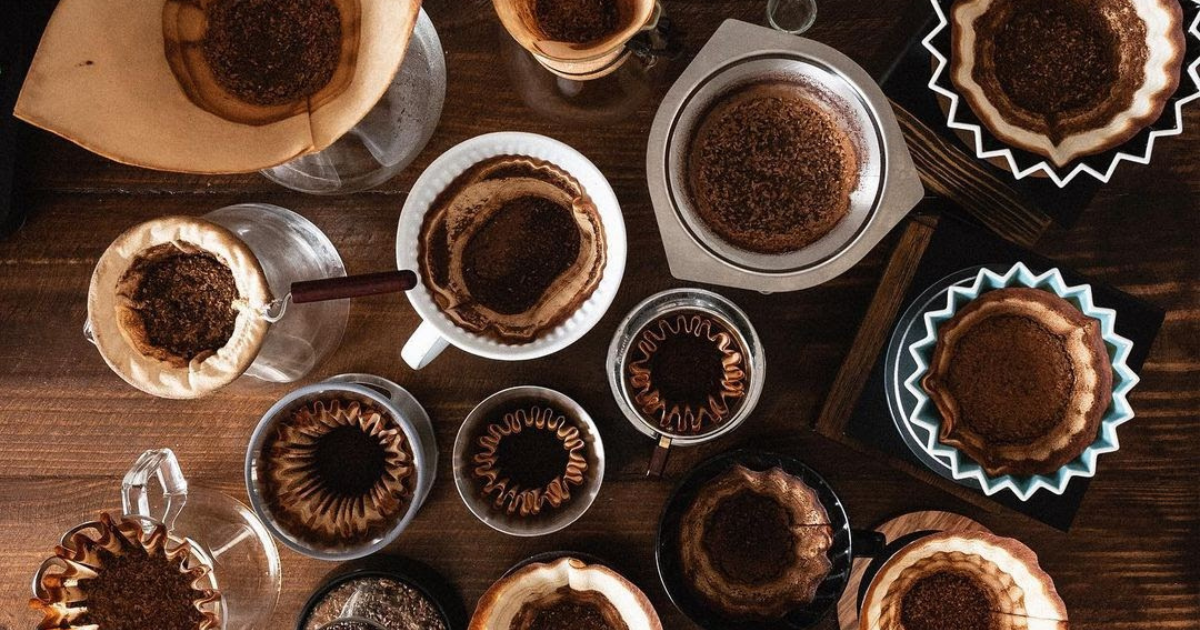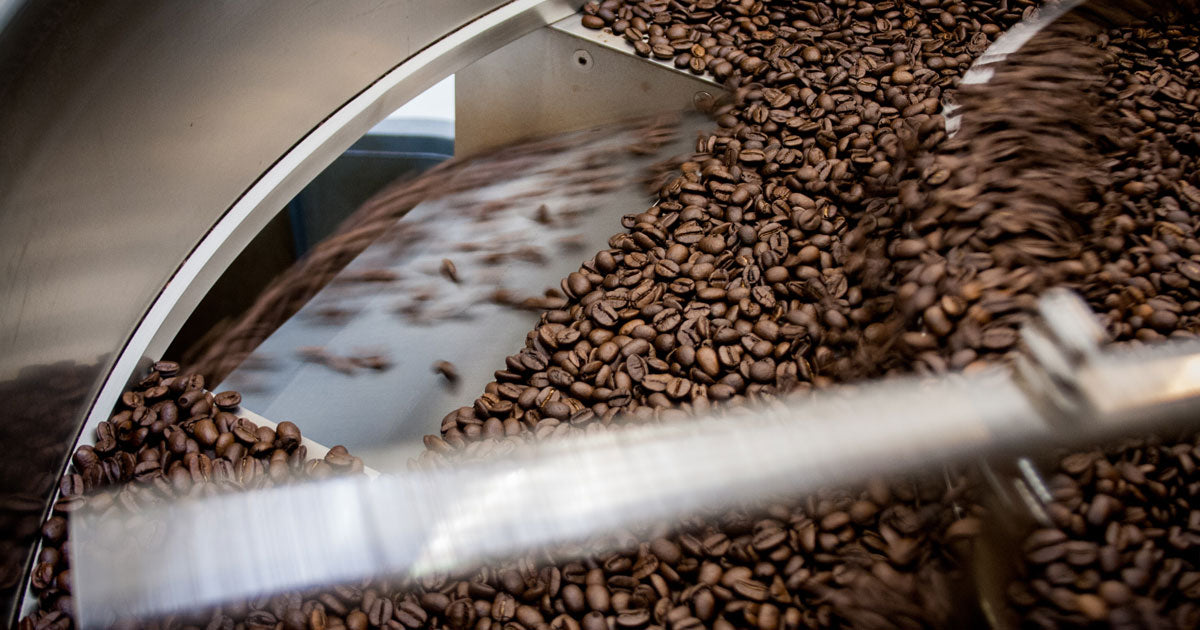
Did you know that coffee is a fruit? More specifically, it's the seed of a cherry which grows on evergreen coffee shrubs. Just like with any fruit, the freshness of coffee has a big impact on its taste. And while you may not be able to visually detect the freshness of coffee as quickly and easily as an apple, banana, or avocado, it is still one of the most important factors in the quality, and flavor of your brew. Coffee is a very dynamic fruit, going through many reactions and changes from the time it is first planted. Even immediately after being roasted, coffee continues to change. As time goes on, coffee will begin to lose its freshness, becoming stale and un-flavorful.
How does this happen?
Coffee is just as dynamic in its roasted state as it is in its green, and unpicked states. Of the many effects that roasting has on coffee, one of the most important is the development of aromatic & flavor compounds during the process. These compounds are the reason why coffees smell and taste as good as they do! So how does this relate to freshness? Another effect of the roasting process is the development of carbon dioxide in the coffee, which naturally off-gases from the roasted beans, and take these compounds with them.
Immediately after coffee is roasted, it begins to off-gas, with some compound loss being measurable within hours. As time goes on, more and more or these compounds are expelled, and after eight days, some aromatic compounds will see a reduction of up to 70%. As time goes on, you begin to lose more and more flavors and aromas, leading to stale and unpleasant-tasting coffee.
How can you avoid this?
Only a few simple things need to be considered to help you avoid drinking stale coffee:
Buy Fresh Coffee
At Caffe Luxxe, we believe that coffee is at its optimum freshness for only two weeks after it is roasted. This is why we never sell coffee on our shelves more than 10 days after roast, and why any coffee we offer online is roasted and shipped to order. It’s also the reason why you won’t find our coffees for sale in grocery stores (check the roast dates on some of those bags and you may be surprised!).
Buy Only What You Need
For most people, this means going through about one bag (12 ounces) per week. Gauge your home coffee usage, and make sure you’re only buying a week’s worth of coffee at a time. That way you’ll be sure to only have fresh coffee waiting to be brewed.
Grind Before Brewing, and Only Grind What You Need
The reason we grind coffee before brewing is to expose more surface area and oils to water, allow the coffee to extract. However, since ground coffee has so much more surface area exposed, it will off-gas much more quickly that whole bean coffee. It will lose its flavors and aromas at a faster rate, leaving you with stale coffee. This is actually the reason why we only sell whole bean coffee! Grinding what you need right before brewing ensure that remaining coffee beans off gas at a slower rate.
The freshness of coffee is one of the most important factors in brewing and drinking tasty coffee. Just follow these steps, and you’ll never have to drink stale coffee again!
Receive fresh, weekly shipments of your favorite coffee!
Sign up for our Home Subscription Program! Choose from our Montenero, Single Origins, and Decaf, and we’ll ship you only the freshest coffees at the interval and quantity you choose.

